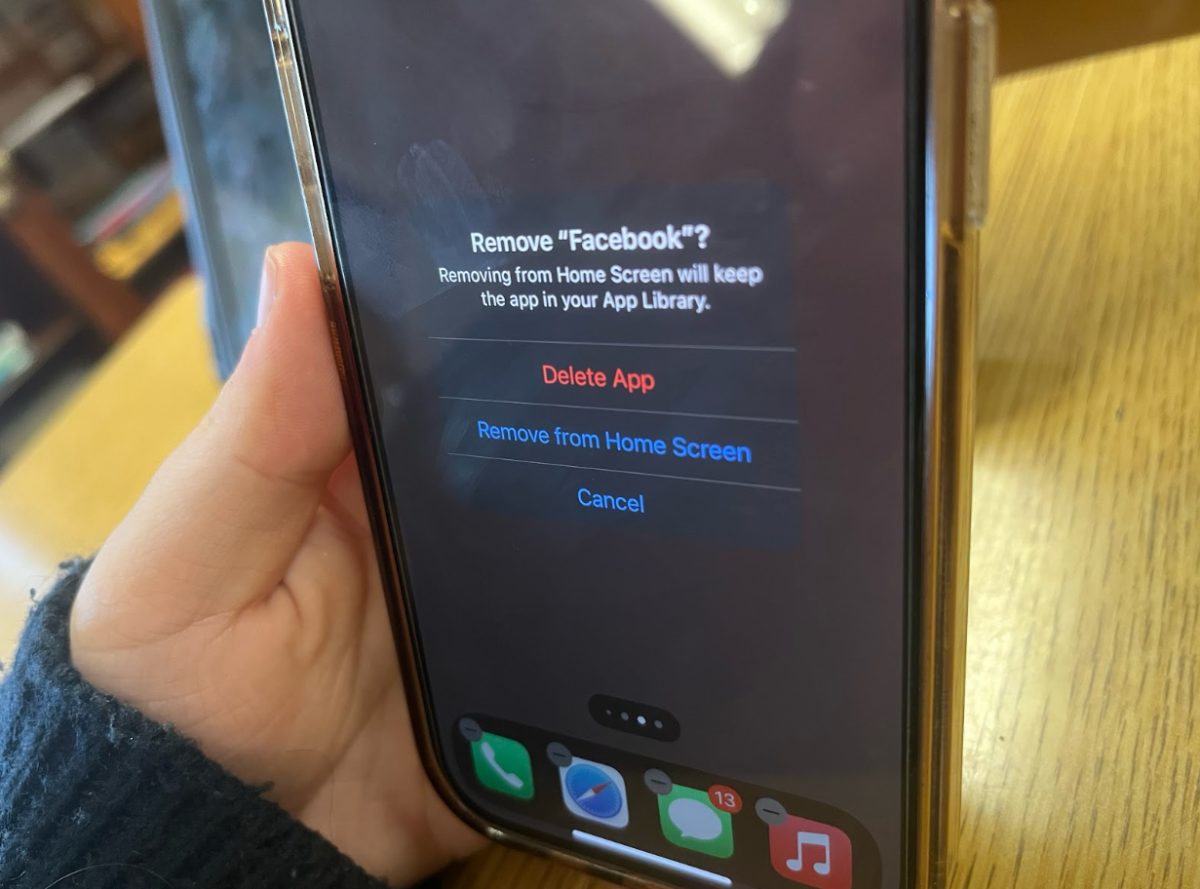The age old scenario, one of your loved ones falling for something that is obviously a lie. Whether it’s on Facebook, or WhatsApp, it’s frustrating watching someone older fall for blatant misinformation. But if the younger generation is sick of it, why are they also becoming victims as well?
Younger people aren’t shut out of the news, but they consume news in different ways. The rise of social media, especially social media promoted by teens instead of adults (think of Facebook’s demographic vs. TikTok’s demographic.) TikTok isn’t completely reliable, if at all. It’s easy to create an account, generate a video, and spread misinformation to millions of people. A 2022 study from Capitol Technology University shows that around a fifth of TikTok’s videos contain misinformation.
Sophomore Juliana Rascavage believes that social media plays apart of misinformation. “Since social media apps such as TikTok have such personalized algorithms, people are often only given information about things they are biased towards, and these biases make it easy to believe anything that is posted, even if it’s not true.” Says Rascavage. “Things like AI and deepfake also cater to the spreading of misinformation on the internet, with AI/deepfake videos and AI audio clips being spread around that are sometimes too realistic to discern from real clips.”
Meanwhile, Sophomore Anna Luckenbill feels more for the older generation who fall for misinformation. “On most social media platforms there are a lot of people pushing false narratives to older generations that can’t differentiate fact from fiction.” Says Luckenbill. “One of the biggest examples of this I can think of is Trump telling lies about immigrants eating dogs. Is it outrageous to most normal people? Yes, but do a lot of older people subscribe to these outlandish beliefs? Also yes. All in all I really think platforms should start cracking down on misinformation being spread by people, especially people who desperately want power.”
How can we slow down the spread of misinformation? It’s simple, really. Doing fact checks of articles and videos you see, and not spreading it until you have a firm confirmation of the material is a great way to stop misinformation. Spreading awareness and reporting something as misinformation is also a great method to prevent it from being spread further. Meta has taken a precaution against misinformation by doing fact checks on posts and making them hidden.



